Residence visas are meant for non-EU nationals intending to stay in Portugal for more than one year. This type of visa, valid for 4 months, grants legal entry into Portugal for the purpose of converting the visa into a residence permit valid for an initial period of two years, with the option to renew for an additional three years.
Within residence visa types, the D7 was designed for individuals who receive retirement pensions or other forms of passive income sourced abroad, including rents, dividends, interest, and royalties.
The D8 visa is intended for employees or self-employed individuals who work remotely for individuals or businesses based outside Portugal, deriving their primary (active) income from abroad.
To understand which is best, one should consider that the D7 requires proof of a passive gross monthly income of at least € 820 (circa USD 888) in total (e.g. rents plus a retirement pension) in the 4-6 months prior to the visa application, whereas the D8 requires proof of an active gross monthly income of € 3280 (circa USD 3550), on average, in the 3 months prior to the application.
However, the choice is not just about meeting minimum income requirements, but, more importantly, of being able to prove it to the satisfaction of Consulates and AIMA (AIMA stands for Integration, Migration and Asylum Agency) in Portugal.
Therefore, should someone earn both active and passive income, the decision should be based on the option offering the most favourable approval prospects, either because the income is higher and provable, or because it will enable a simpler, clearer or stronger application. Last but not least, the decision should also consider the tax implications of each of these visa routes.
For further information or guidance with preparing successful visa applications or for understanding the tax implications of relocating on a D7 or D8 visa, please contact us at geral@sbpslegal.com.

